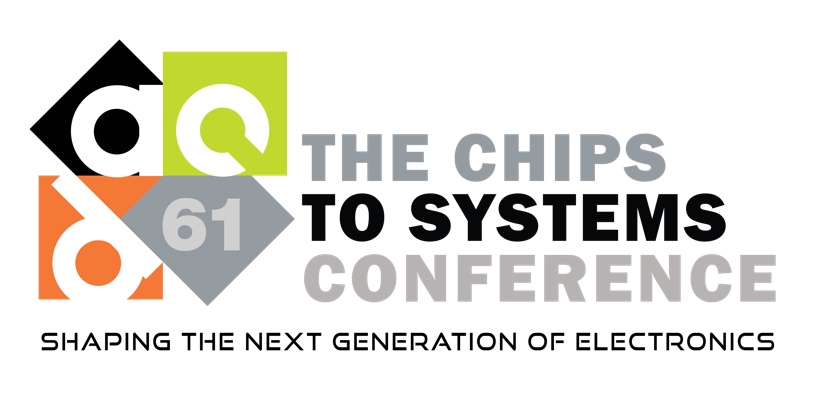Presentation
VAE-HDC: Efficient and Secure Hyper-dimensional Encoder Leveraging Variation Analog Entropy
DescriptionHyperdimensional computing (HDC) is a bio-inspired machine learning paradigm utilizing hyperdimensional spaces for data representation. HDC significantly improves the ability to learn from sparse data and enhances noise robustness, and also enables parallel computation. Despite these advantages, HDC's reliance on high dimensionality and operational simplicity can lead to increased hardware costs and potential security vulnerabilities. This paper introduces a novel HDC encoding strategy using variation-based analog entropy (VAE), aiming to reduce memory footprint, lower power/energy consumption, and enhance security with physically-unclonable entropy generation. The VAE cell, with high entropy robustness 30.23-57.76 dB SNR and a small footprint 10 transistors, allows HDC to achieve a 14.3x reduction in vector dimensions, a 4.4x decrease in unit entropy cell area, and a 2% increase in accuracy compared to binary/multi-bit HDC. These benefits lead to a 1.3-4.4x area and a 327x leakage power reduction when compared to an SRAM baseline. We have designed custom low-power circuits that enable end-to-end analog entropy storage, distribution management, binding, permutation, and bundling. This analog implementation prevents data conversion during feature vector encoding, thereby significantly enhancing energy efficiency 48.5 nJ per query. Furthermore, with hardware-secured basis vectors, data security is significantly improved, as evidenced by the markedly degraded visual distinguish-ability of retrieved image data and maximum of 11dB lower PSNR.
Event Type
Research Manuscript
TimeTuesday, June 253:45pm - 4:00pm PDT
Location3004, 3rd Floor
AI
Design
AI/ML, Digital, and Analog Circuits


